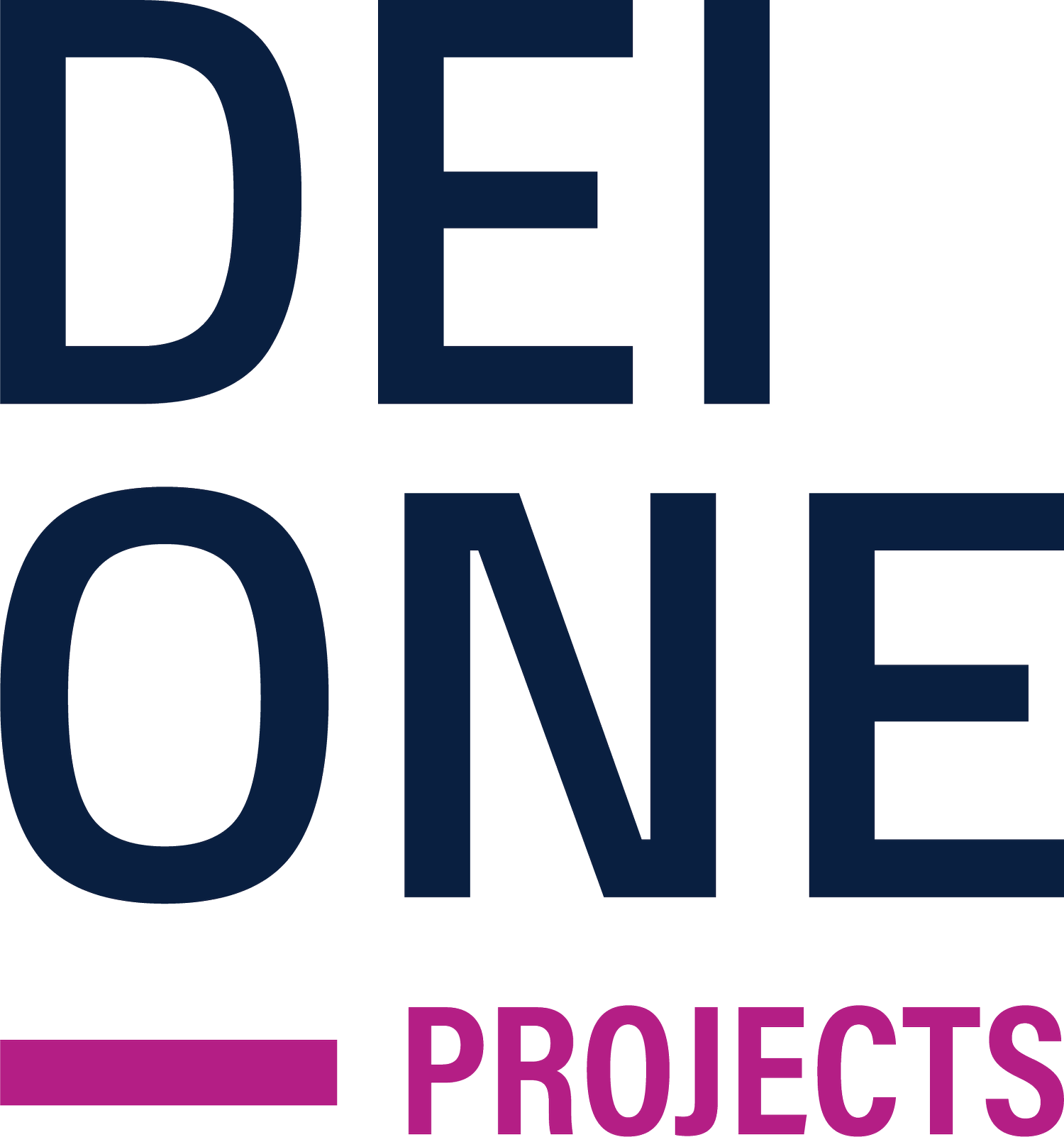Adapting Workspaces for the Hybrid Future: Flexible Fit-Out Solutions
As the landscape of work transforms, the concept of the hybrid workplace is taking center stage. This shift toward flexible work arrangements necessitates a reimagining of office spaces. In this blog post, we explore the imperative of adapting workspaces for the hybrid future and delve into innovative fit-out solutions that embrace flexibility, collaboration, and the evolving needs of the modern workforce.
Agile Workspace Design:
The hybrid future calls for agility in workspace design. Flexible layouts that cater to various work styles, from collaborative zones to individual workstations, enable seamless transitions between in-person and remote work. Agile design fosters an environment that accommodates the dynamic nature of the modern work landscape.
Technology Integration for Connectivity:
Connectivity is paramount in a hybrid workspace. Innovative fit-out solutions integrate advanced technology to facilitate seamless communication and collaboration. Technology becomes an enabler, connecting teams regardless of physical location.
Hot Desking and Hoteling:
Hot desking and hoteling solutions optimize space utilization. Employees can reserve desks or workspaces based on their daily needs, promoting a more efficient use of office real estate. This approach accommodates hybrid schedules and cultivates a sense of flexibility and choice for employees.
Collaborative Hubs:
Emphasizing collaboration in fit-out solutions is key to the hybrid workspace. Designating collaborative hubs equipped with interactive technologies encourages teamwork and innovation. These hubs become focal points for in-person collaboration, fostering a sense of community for both remote and in-office workers.
Wellness-Centric Environments:
The hybrid future places a heightened focus on employee well-being. Fit-out solutions incorporate wellness-centric designs, including open spaces, natural light, and ergonomic furnishings. Creating an environment that prioritizes physical and mental well-being contributes to a positive and inclusive workspace.
Modular Furniture for Adaptability:
Modular furniture provides adaptability to changing workspace needs. Whether it's reconfiguring desks for social distancing or creating impromptu meeting spaces, modular solutions offer versatility. This adaptability ensures that the office space can evolve alongside the requirements of the hybrid work model.
Environmental Sustainability:
Sustainability is a cornerstone of fit-out solutions for the hybrid future. Green building materials, energy-efficient systems, and eco-conscious designs align with the values of the modern workforce. Sustainable fit-outs not only contribute to environmental responsibility but also reflect a commitment to corporate social responsibility.
Adapting workspaces for the hybrid future requires a strategic approach to fit-out solutions. From agile workspace design and technology integration to hot desking, collaborative hubs, wellness-centric environments, modular furniture, and environmental sustainability, these solutions cater to the evolving dynamics of work. The hybrid future isn't just about where work is done; it's about redefining how and where teams collaborate. Fit-out solutions that embrace flexibility become the catalysts for creating vibrant, connected, and adaptive work environments in the era of the hybrid workplace.
